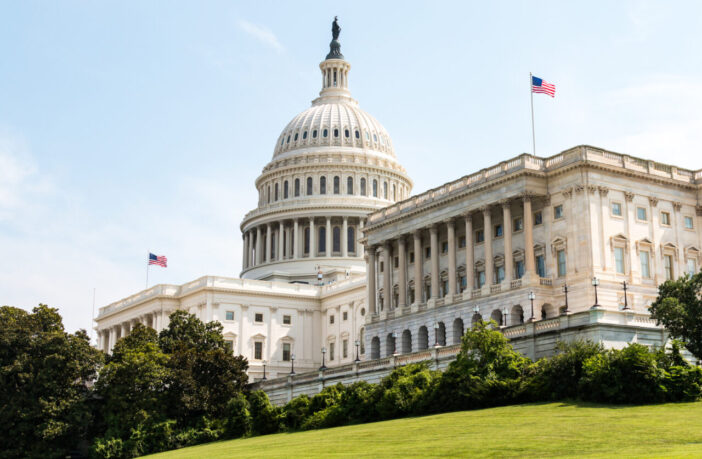Is Hybrid Status for Gig Workers Coming Soon?
For many employers, the gig economy provides significant cost savings. They don’t have to pay fixed salaries or benefits like sick time and vacations.
For many workers, the gig economy can provide independence, flexibility, and variety. But, in addition to the usual absence of benefits, they also lack legal protections.
The gig economy continues to grow. Today, an estimated 59 million Americans, or about 36% of the workforce, call themselves gig workers, and it seems apparent that the time is past due for the law to catch up with the economic reality. Employers and workers alike favor the various freedoms that gig arrangements provide, but is it fair that gig workers lack the benefits and workplace protections of hourly and salaried workers?
State and Local Governments Act
In the last three years, several states took steps to provide better protections for gig workers. Some cities are too. Last fall, New York passed a slate of bills to protect food delivery workers and on June 13 of this year, Seattle Mayor Bruce Harrell signed a “first in the nation” measure giving gig workers greater rights. Among other things, it sets a minimum wage for gig workers that accounts for expenses they incur, and tips come on top of the wage.
Despite the enormous size of the gig economy, however, little has happened at the national level. However, that might be changing.
On July 20, a bipartisan group of legislators introduced a bill, the Worker Flexibility and Choice Act, that would allow businesses to continue classifying gig workers as independent contractors while also providing the workers some legal protections. In effect, it would create a new hybrid worker category that is not “employee” or “independent contractor.”
A Middle Ground?
The bill calls for the creation of “worker flexibility agreements” between employers and gig workers. Under these agreements, workers would have the same rights under workplace privacy, anti-discrimination, retaliation, harassment, and safety laws as traditional employees.
Workers would qualify for this status if the flexibility agreement gives them three things:
- The freedom to reject an offer from the hiring entity without having it negatively influence future work opportunities
- The right to perform the same work for competing businesses
- A written agreement detailing the workers’ rights and benefits
There’s a Catch
To this point, the bill sounds pretty good from the gig worker’s perspective. There’s just one problem: While qualifying workers could get these benefits and protections, they would not be protected under federal wage and hour laws.
This omission, which probably was aimed at getting a warmer response from employers, was quickly attacked by worker advocates and labor unions. The Worker Power Coalition, which represents 24 million workers in the U.S., called the bill an “anti-worker proposal intended to further endanger already vulnerable gig economy workers.”
The Coalition for Workforce Innovation, an organization that claims to include employers and worker advocates alike among its stakeholders, disagrees. “The bipartisan bill strikes a balance to promote independent work while ensuring more options for benefits, support, and protections,” its chair, Evan Armstrong, said.
The Worker Power Coalition contends, however, that a better response would be the passage of the Protecting the Right to Organize (PRO) Act, which passed in the House, but stalled in the Senate. That bill, which has little chance of passage in the divided Senate without Democrats eliminating the filibuster, would give some gig workers the right to unionize.
Due to the worker and labor opposition to the bill, its chances appear iffy. But there’s nothing to suggest that the gig economy will do anything but continue to grow. If the bill fails, a return to the drawing board might be necessary at some point.
Many companies need gig workers. And gig workers need better protection.
Related Resources
Facebook Post
As the gig economy continues to expand, some federal lawmakers think it’s time to find common ground between the needs of businesses and those of gig workers who deserve stronger benefits and protections.
You Don’t Have To Solve This on Your Own – Get a Lawyer’s Help
Meeting with a lawyer can help you understand your options and how to best protect your rights. Visit our attorney directory to find a lawyer near you who can help.






